Can I Run My Furnace Without a Filter?
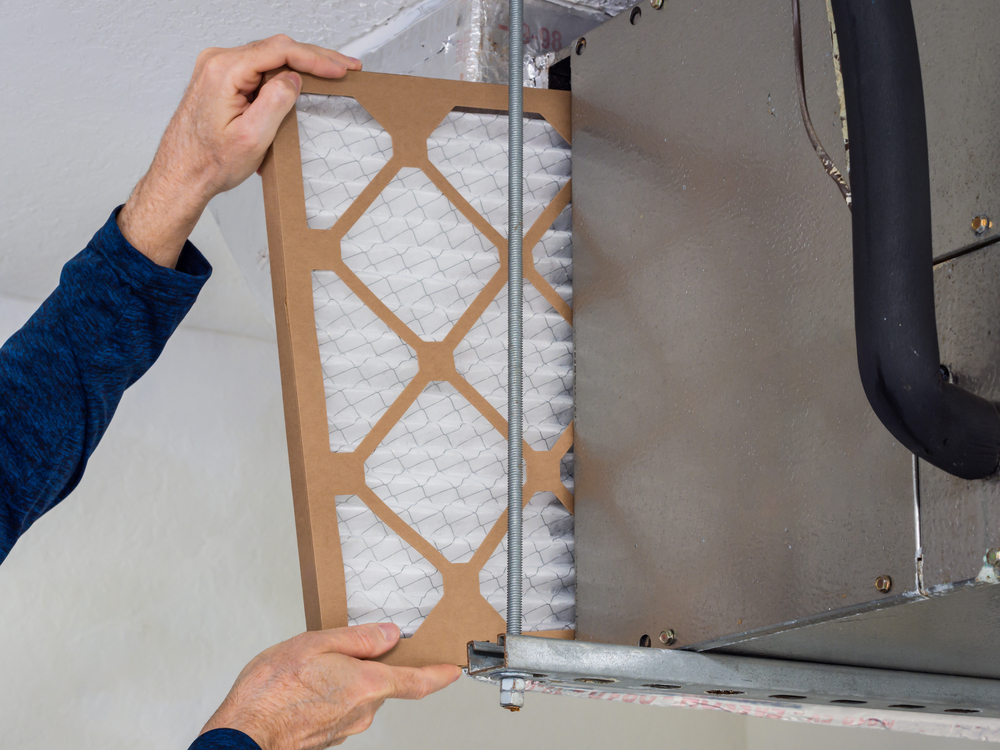
No, you should not run your furnace without an air filter because it allows dirt and debris to accumulate on the furnace’s internal components, which can lead to reduced efficiency, premature wear and tear, costly repairs, and poor indoor air quality. Running a furnace without a filter leads to poor air quality, increased dust, and […]
Can a Low Battery in a Thermostat Affect Your Furnace?

Yes, a low battery in a thermostat can significantly affect your furnace’s performance, preventing it from turning on, running erratically, or failing to maintain your desired temperature by disrupting the signals sent from the thermostat to the furnace’s control board. Changing the batteries in your thermostat is a crucial maintenance task to ensure your heating […]
Can a Water Heater Leak Gas and What Should You Do?
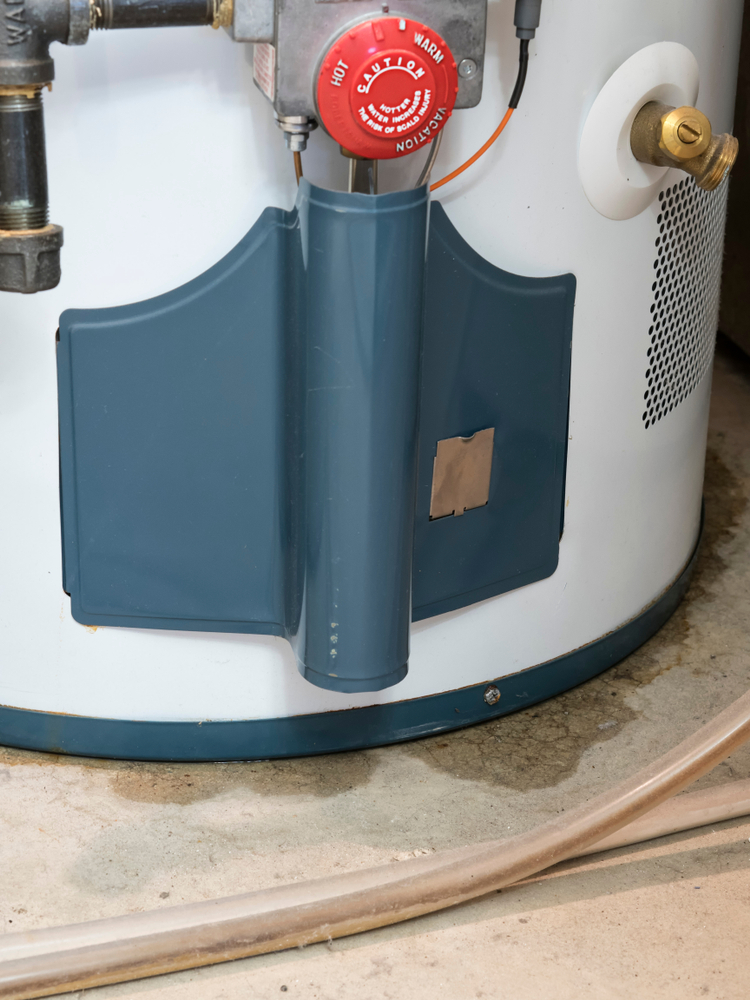
Can a water heater leak gas is a serious safety concern for homeowners. This guide explains how to recognize hazards quickly, verify the source, and take the right steps to protect your home and family. Yes. Water heaters can leak gas from loose flare fittings, worn flex connectors, failed control valves, or damaged piping. If […]
Can a Water Heater Cause Low Water Pressure?
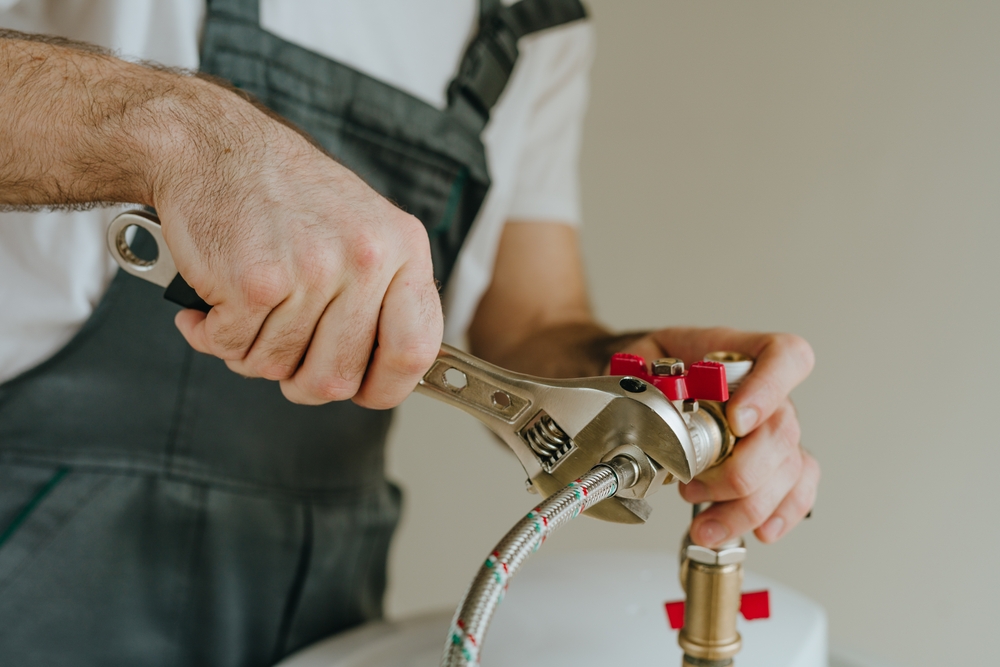
Can a water heater cause low water pressure is a frequent homeowner question. Yes. A hot water heater can lower apparent water pressure when sediment, scale, constricted shutoff valves, faulty mixing valves, or undersized lines restrict flow—especially on hot fixtures.
Can a Furnace Leak Carbon Monoxide Into Your Home?
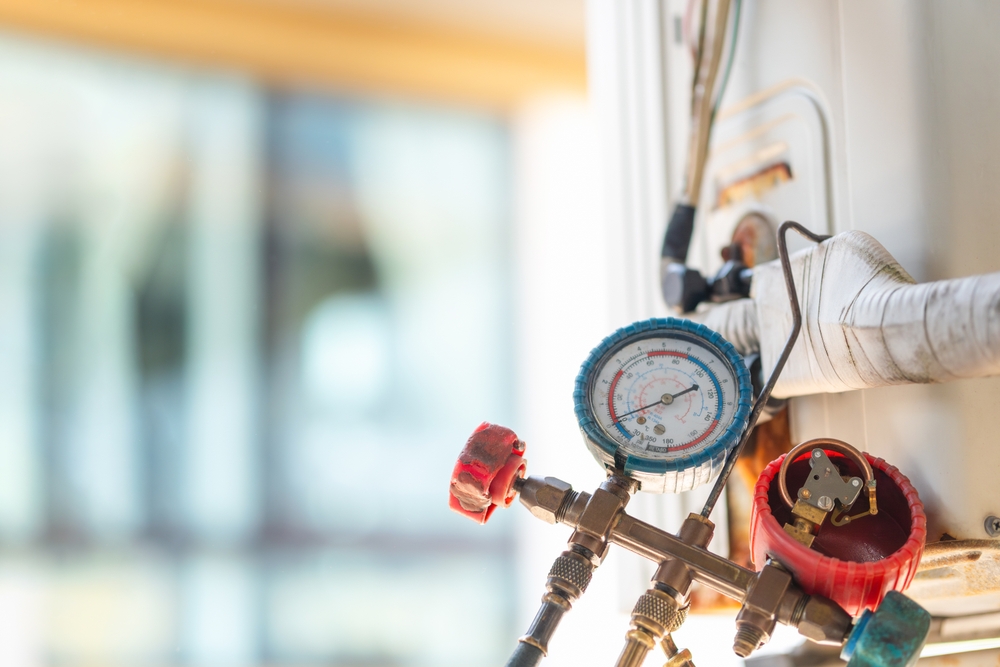
Yes, a furnace can leak carbon monoxide if there’s a crack in the heat exchanger, damage to the flue pipes, or faulty ductwork, which allows the toxic gas to enter your home instead of being vented outside.
Can a Dirty Furnace Filter Cause No Heat in Your Home?

Can a dirty furnace filter cause no heat? In many cases, yes—restricted airflow can trigger safety limits and shut down heat production. A clogged filter can block airflow, overheat the heat exchanger, trip the high-limit switch, and leave your home without heat; checking and replacing the filter often restores safe operation in minutes.
What Does IPS Stand For in Plumbing?
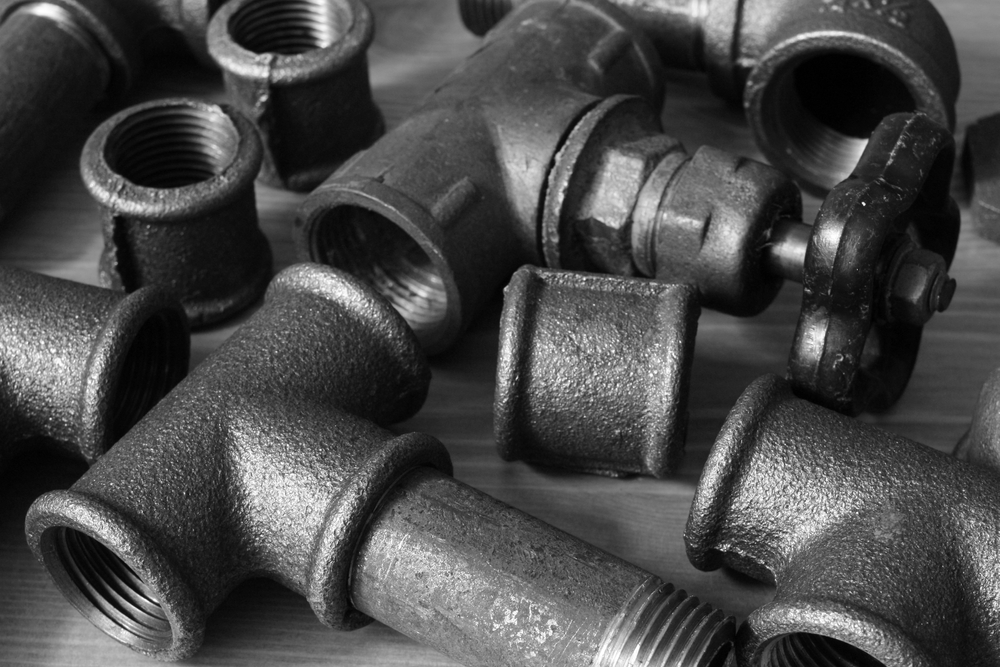
Curious about labeling on valves and fittings—what does ips stand for in plumbing? Here’s a clear, inspector-friendly explanation with practical checks you can use on site. IPS stands for Iron Pipe Size. In plumbing, IPS refers to the legacy nominal sizing system used for steel and iron pipe, and it’s commonly associated with NPT (tapered) […]
How Much Does Plumbing Cost for a New House in MN?
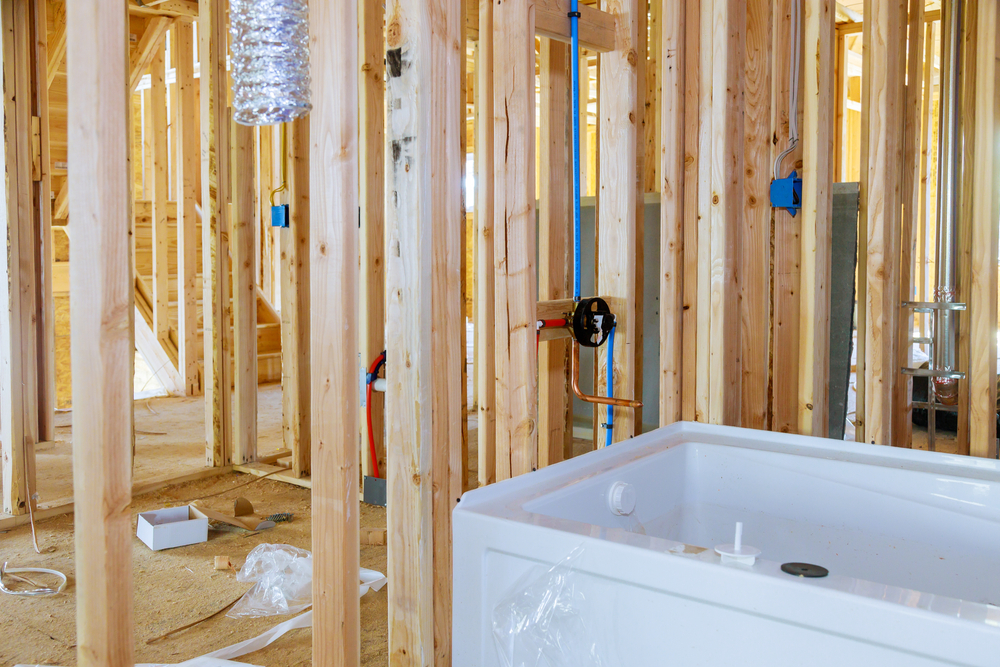
New‑construction plumbing often ranges from $8–$20 per square foot or $10,000–$28,000+ for a 1,500–2,500 sq ft home. Price depends on bathrooms, fixture quality, pipe materials, site conditions, and code/permit requirements. Accurate plans, competitive bids, and clear allowances keep budgets on track. Planning a build raises a central question—how much does plumbing cost for a new […]
How Long Does Cast Iron Plumbing Last in MN?

Wondering how long does cast iron plumbing last? In older homes, cast iron drains can perform for decades, but age, installation, and environment determine longevity. For homeowners in Minnesota, freeze–thaw cycles and local soil chemistry can influence outcomes and scheduling. Homeowners often ask how long cast iron plumbing lasts because older homes still rely on […]
Can A Plumber Fix A Dishwasher?
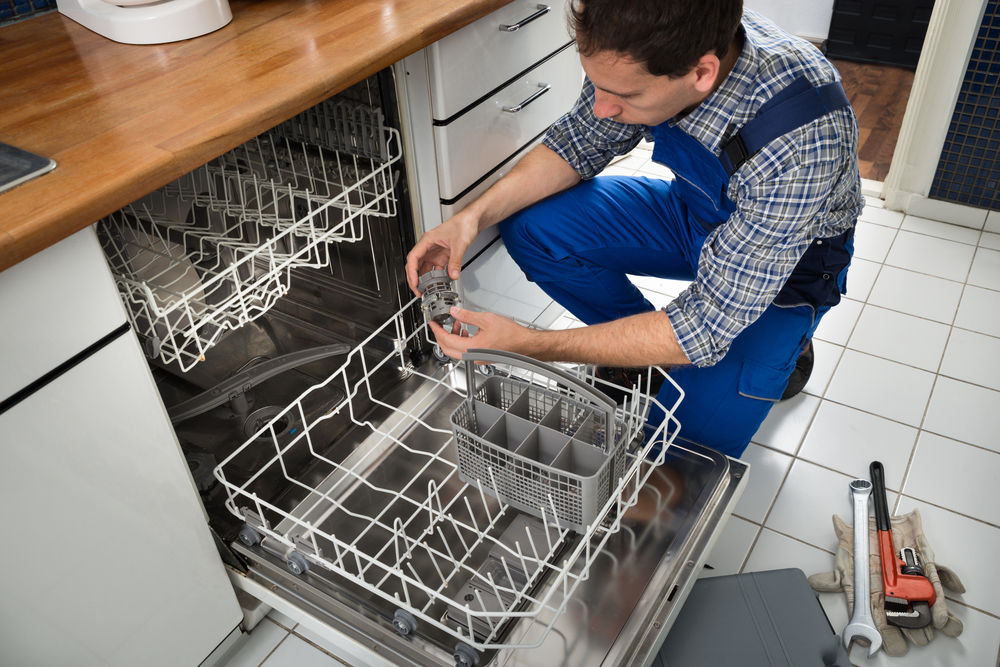
Homeowners often wonder where the line is between an appliance tech and a licensed plumber. **Yes—can a plumber fix a dishwasher when the problem involves water supply, drains, shutoff valves, or installation.** Appliance technicians handle motors, control boards, and internal dishwasher components; plumbers resolve water and drain connections that make dishwashers run reliably.


